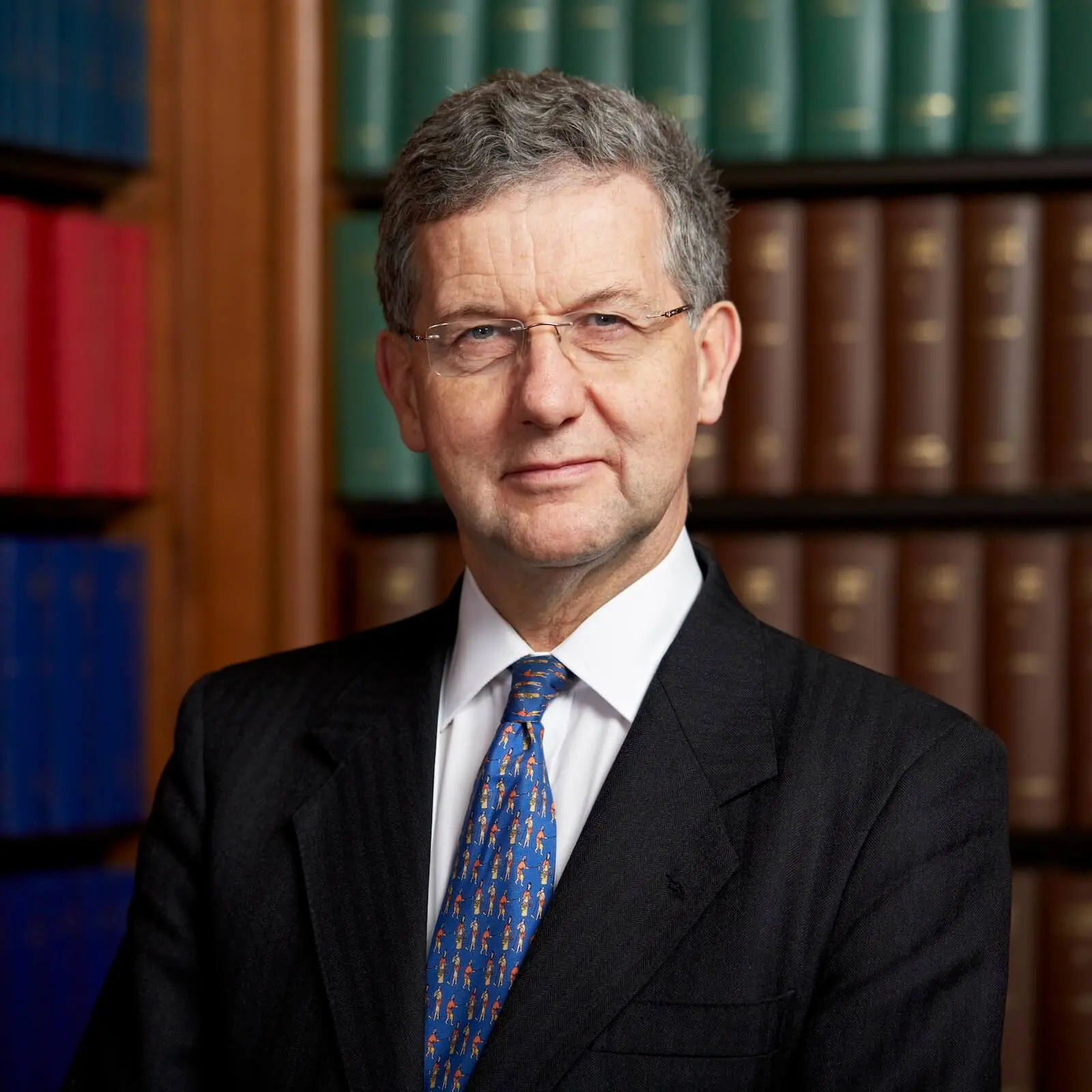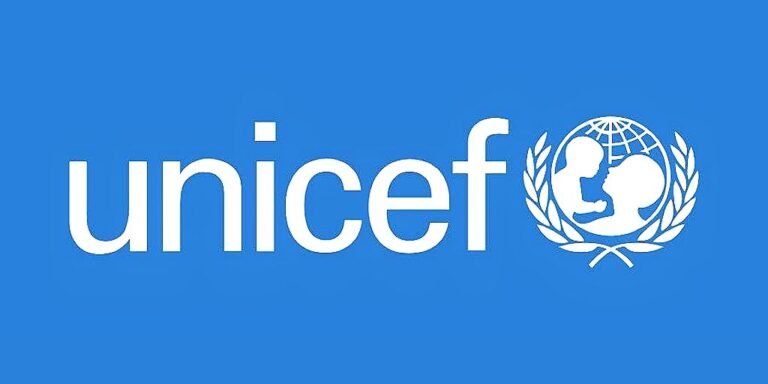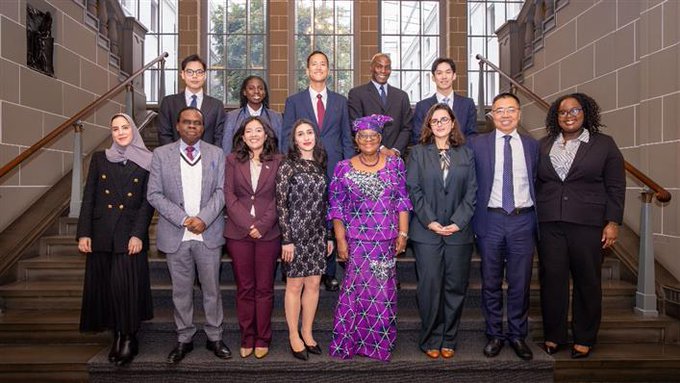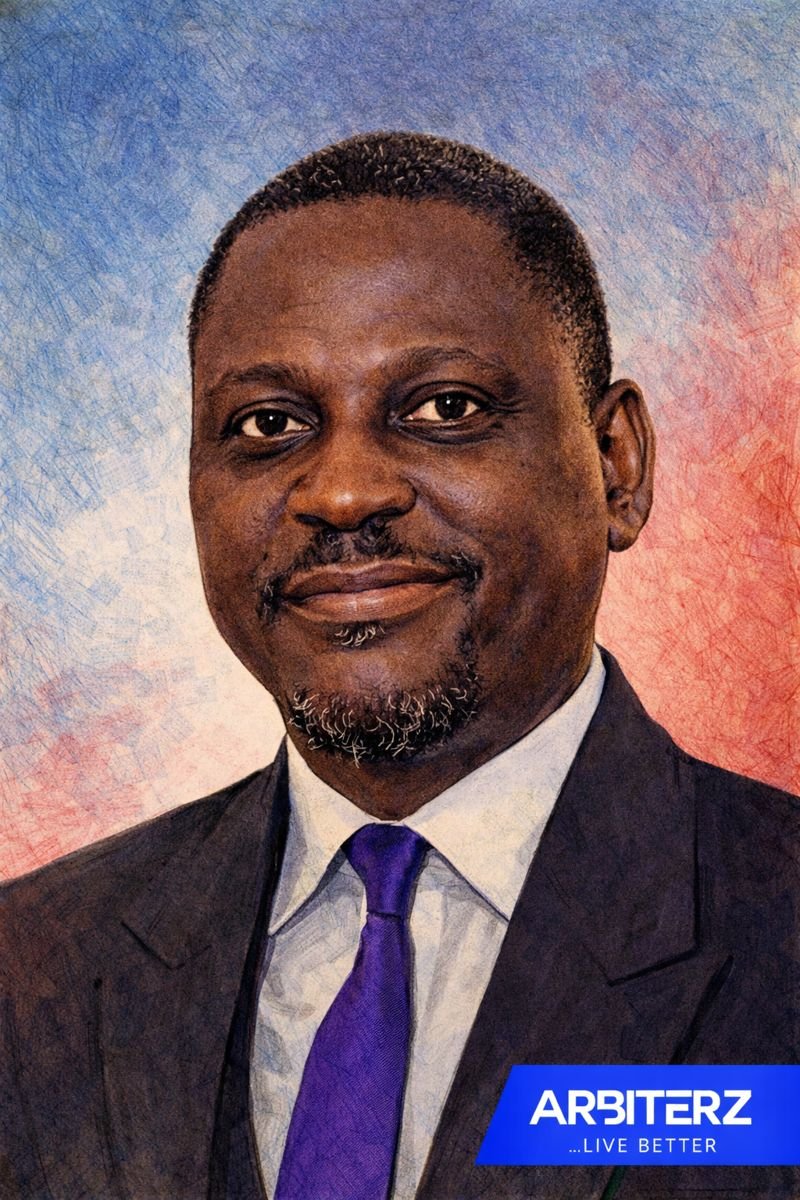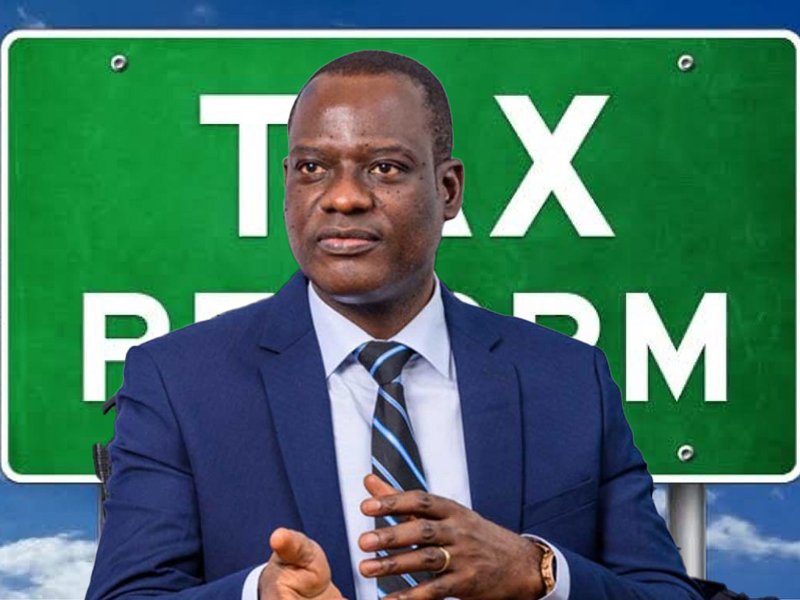The United Kingdom Supreme Court has ruled in favour of the Federal Republic of Nigeria in its long-running legal battle with Process & Industrial Developments Limited (P&ID), upholding a £44.2 million cost award incurred during Nigeria’s successful move to set aside fraudulent arbitration awards worth over $11 billion.
Delivering judgment on 22 October 2025, the court unanimously dismissed P&ID’s appeal and confirmed that Nigeria’s legal costs must remain denominated and payable in sterling, not in naira.
Background: P&ID’s Fraudulent $11 Billion Awards
The appeal stemmed from Nigeria’s victory in the Commercial Court in 2023, where Justice Knowles set aside two arbitration awards obtained by P&ID in 2015 and 2017. The awards—together exceeding $11 billion including interest—were voided after the court found they had been procured through fraud and conduct contrary to public policy.
To achieve that outcome, Nigeria incurred substantial litigation expenses totalling £44.2 million, billed and paid in sterling between 2019 and 2024.
The Currency Dispute: P&ID’s Argument for Naira
P&ID’s appeal focused narrowly on the currency of the cost award. The company argued that, since the naira has collapsed sharply against sterling—particularly after Nigeria abandoned its currency peg to the US dollar in 2023—paying the costs in pounds would give Nigeria an unfair “windfall.”
At the time payments were made, the sterling fees equalled roughly ₦25 billion, but by 2025 that figure translated to around ₦95 billion because of the naira’s devaluation. P&ID therefore asked the courts to denominate the award in naira to reflect the “real” cost Nigeria incurred.
The Supreme Court’s Decision
Writing jointly, Lord Hodge and Lady Simler, with Lord Reed, Lord Stephens, and Lord Richards concurring, rejected P&ID’s arguments and reaffirmed that legal-cost awards are discretionary, not compensatory like damages.
The court held that:
“An order for costs is not intended to provide compensation for loss in the same way as awards of damages… It is a statutorily authorised award of a contribution toward the costs incurred in litigating in the courts of England and Wales.”
The justices noted that Nigeria’s lawyers—Quinn Emanuel Urquhart & Sullivan LLP—had invoiced and been paid entirely in sterling. Therefore, the correct and practical approach was to award costs in that same currency.
They further warned that adopting P&ID’s proposed “loss-based currency test” would invite unnecessary and expensive satellite litigation, forcing courts to examine how parties fund their legal bills and to apply fluctuating exchange rates across hundreds of invoices.
The Supreme Court confirmed a general rule that costs should be awarded in sterling or in the currency in which legal bills were incurred and paid. Only in rare circumstances—such as abuse of process or speculative currency use—may the court deviate from this practice.
In this case, the judges emphasised that Nigeria’s engagement of English solicitors billing in sterling was entirely proper, noting that any suggestion of a “windfall” ignores the severe depreciation of the naira’s domestic purchasing power since 2019.
The Supreme Court dismissed P&ID’s appeal and awarded Nigeria its costs of the appeal on the standard basis, marking yet another victory for Nigeria in the global arbitration saga.
The decision reinforces the UK judiciary’s earlier findings that P&ID’s $11 billion claim against Nigeria was tainted by corruption and fraud—and it solidifies Nigeria’s right to recover the full value of its legal costs in sterling.


